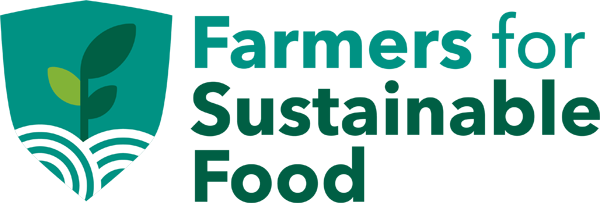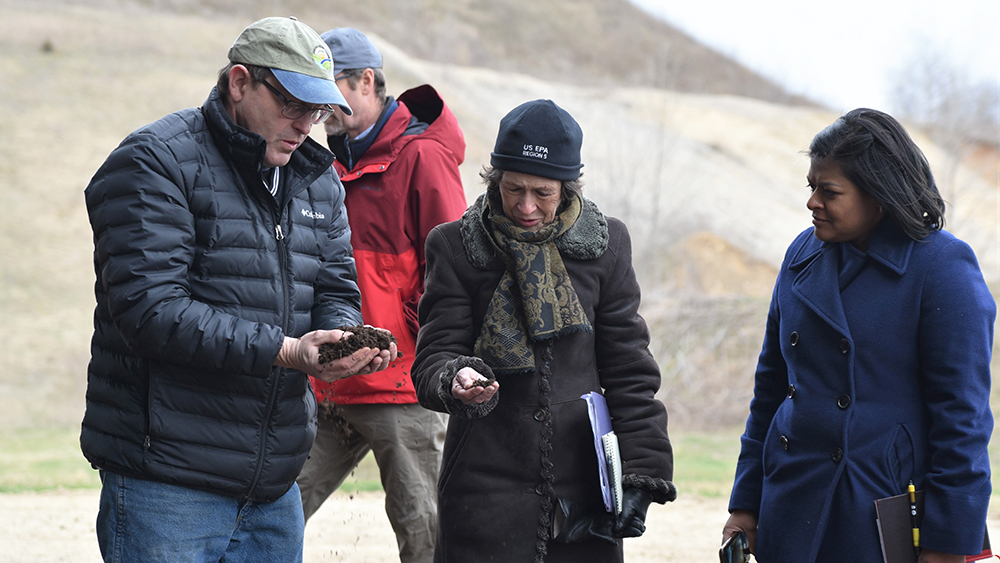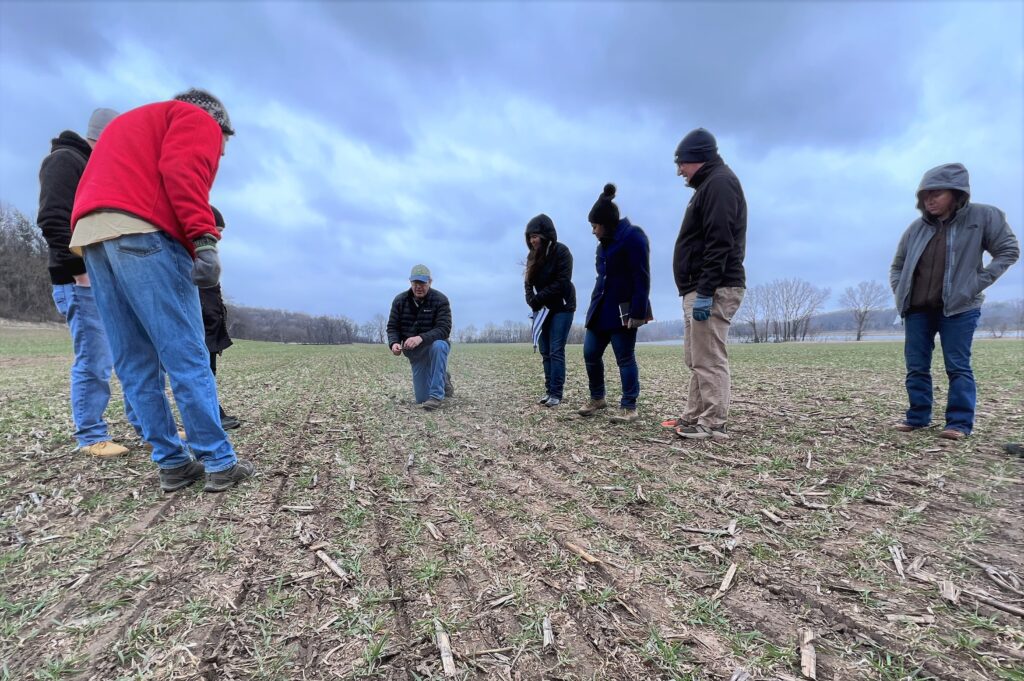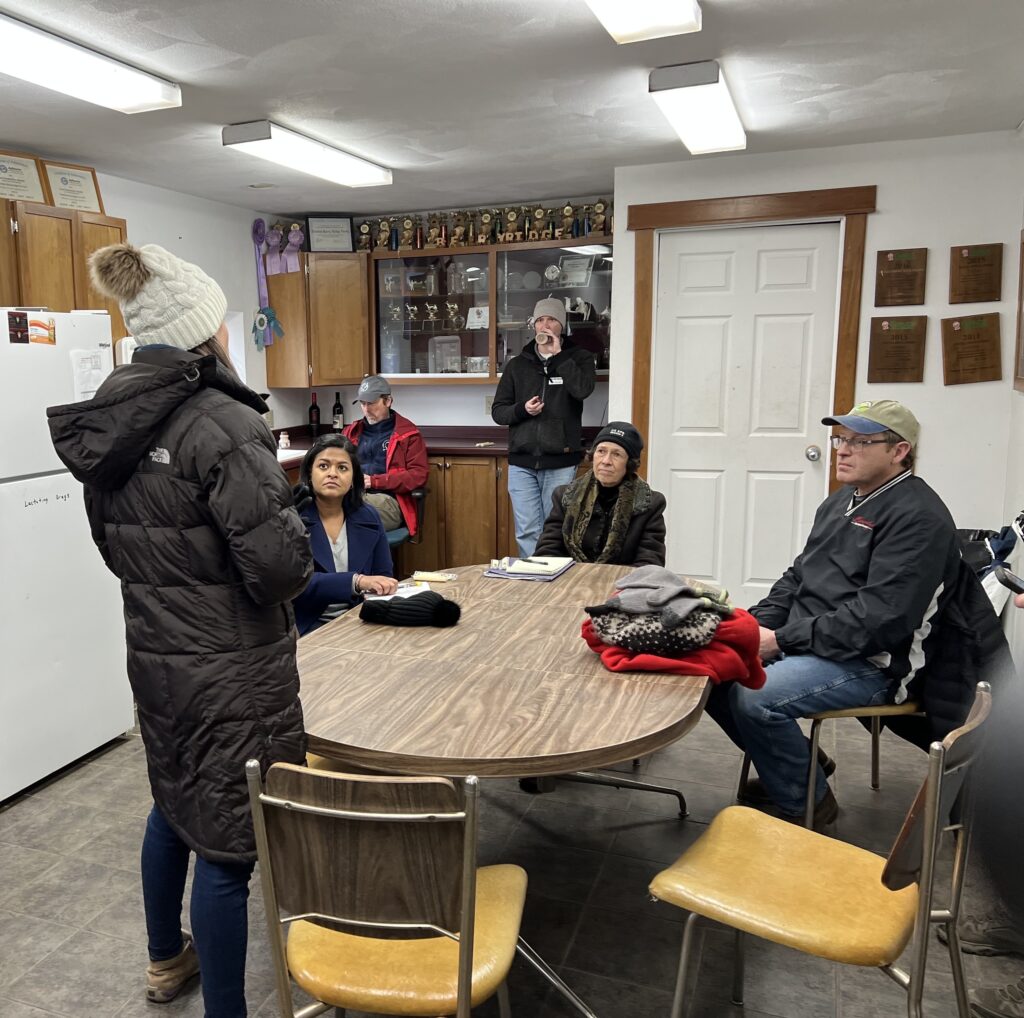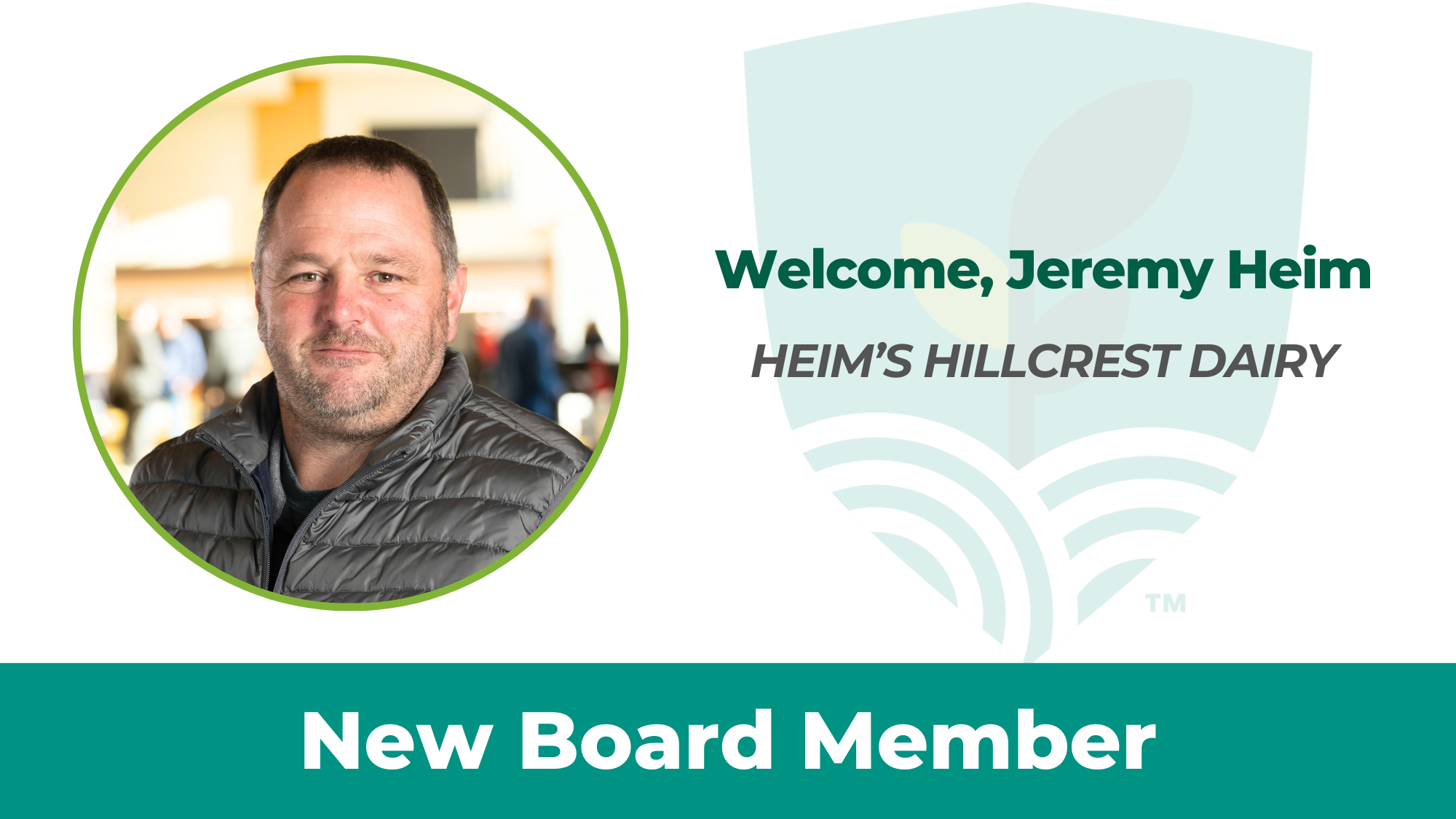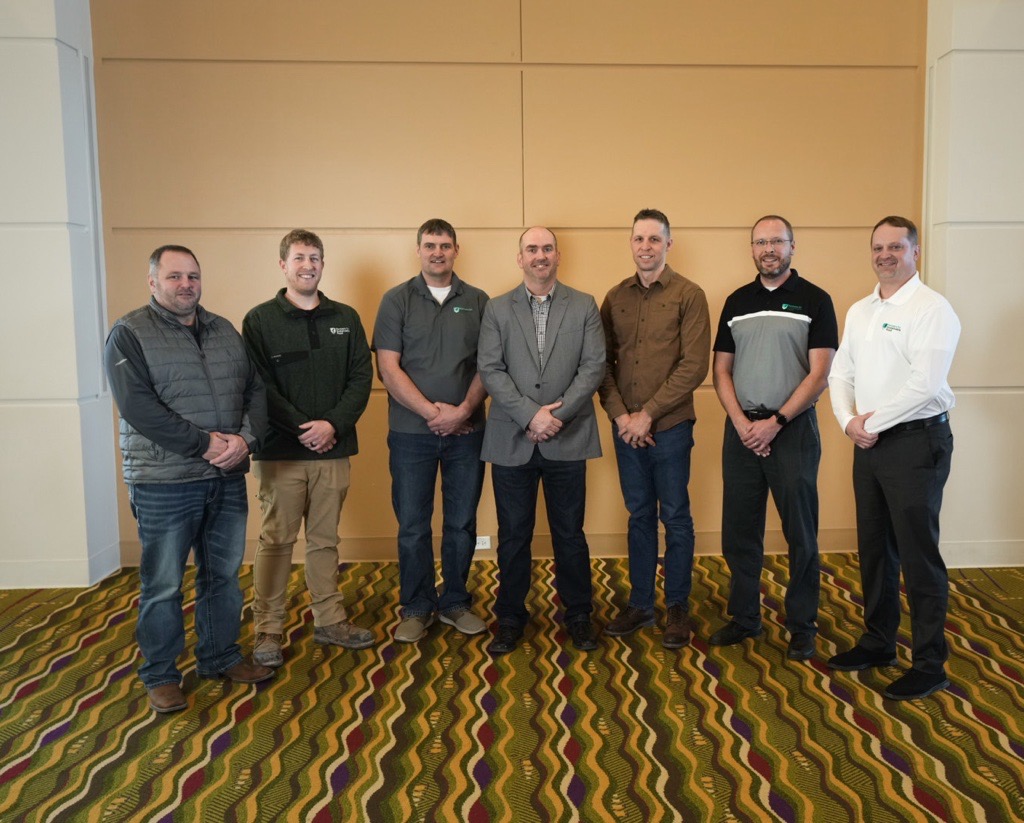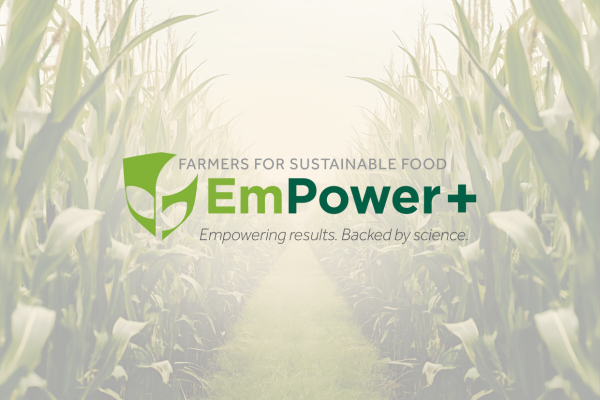Wisconsin farmer shows EPA leaders innovative conservation work
Farmers for Sustainable Food (FSF) board member Jeff Endres, co-owner of Endres Berryridge Farm and president of local farmer-led conservation group Yahara Pride Farms, hosted a farm tour April 20 for U.S. Environmental Protection Agency Region 5 Administrator Debra Shore and her agriculture policy adviser, Sharmin Syed.
Through connections with the Dairy Business Association (DBA), Edge Dairy Farmer Cooperative and FSF, EPA leaders had the opportunity to see firsthand some of the innovative, voluntary conservation practices Endres is using on his farm, including composting manure, planting cover crops and reducing tillage. DBA also invited other key partners and farmers in Wisconsin’s growing conservation effort ― Lafayette Ag Stewardship Alliance, The Nature Conservancy in Wisconsin, Wisconsin Department of Natural Resources, Sand County Foundation, Yahara WINS and Wisconsin Farm Bureau Federation.
Shore was pleased with the tour around Endres’ manure compost barn and cover crop fields where she learned more about how farmers are sequestering nutrients to keep them out of surface and ground water, improving yields and using less commercial fertilizer. Endres talked about how these voluntary measures can improve soil health while also keeping input costs down. Yahara Pride has grown about 10 percent each year since it was created, as farmers continue to be convinced to participate based on the program’s successes.
Shore found it remarkable how much farmers are learning, doing and sharing with each other.
“It’s absolutely vital for the EPA to have relationships with farmers; we are all about clean water, clean air and soil that’s healthy,” Shore said. “We can’t have a healthy environment without healthy soil and a healthy economy and that’s all about working with farmers who know all about clean water and soil.”
When it comes to government agencies, USDA is often the usual contact point for farmers, but EPA plays a role in CAFO regulations and water quality. The regulations the agency puts forward are usually carried out by state agencies, so farmers don’t have a lot of interaction with EPA.
“Having EPA representatives from the Great Lakes region reach out to us trying to learn more about what we are doing in agriculture is very encouraging,” said Mykel Wedig, associate director of government affairs for DBA and Edge. “They saw the clear benefits of farmers working together in farmer-led conservation groups and began talking about how their agency can work with USDA to encourage and fund these types of voluntary efforts.”
